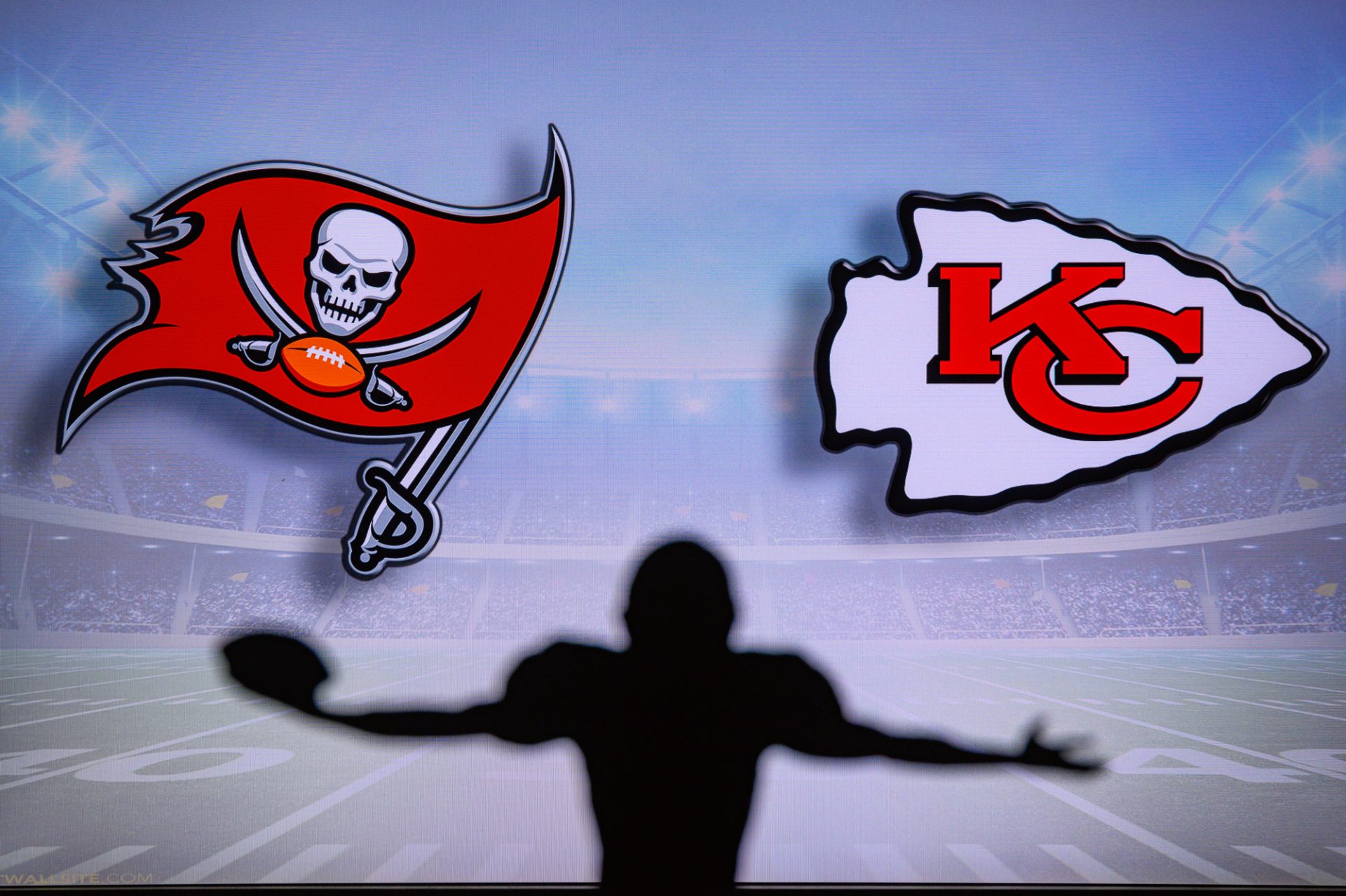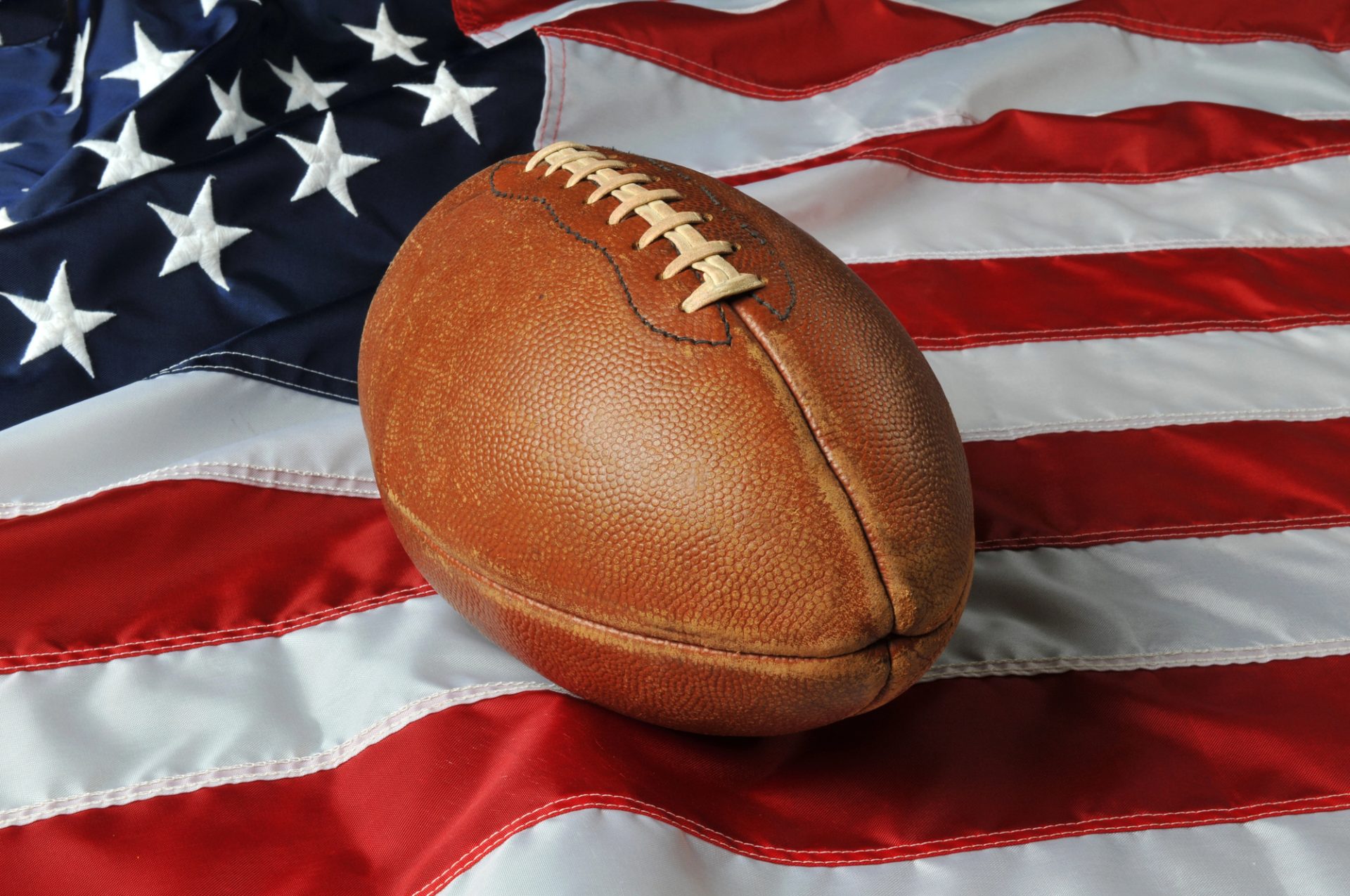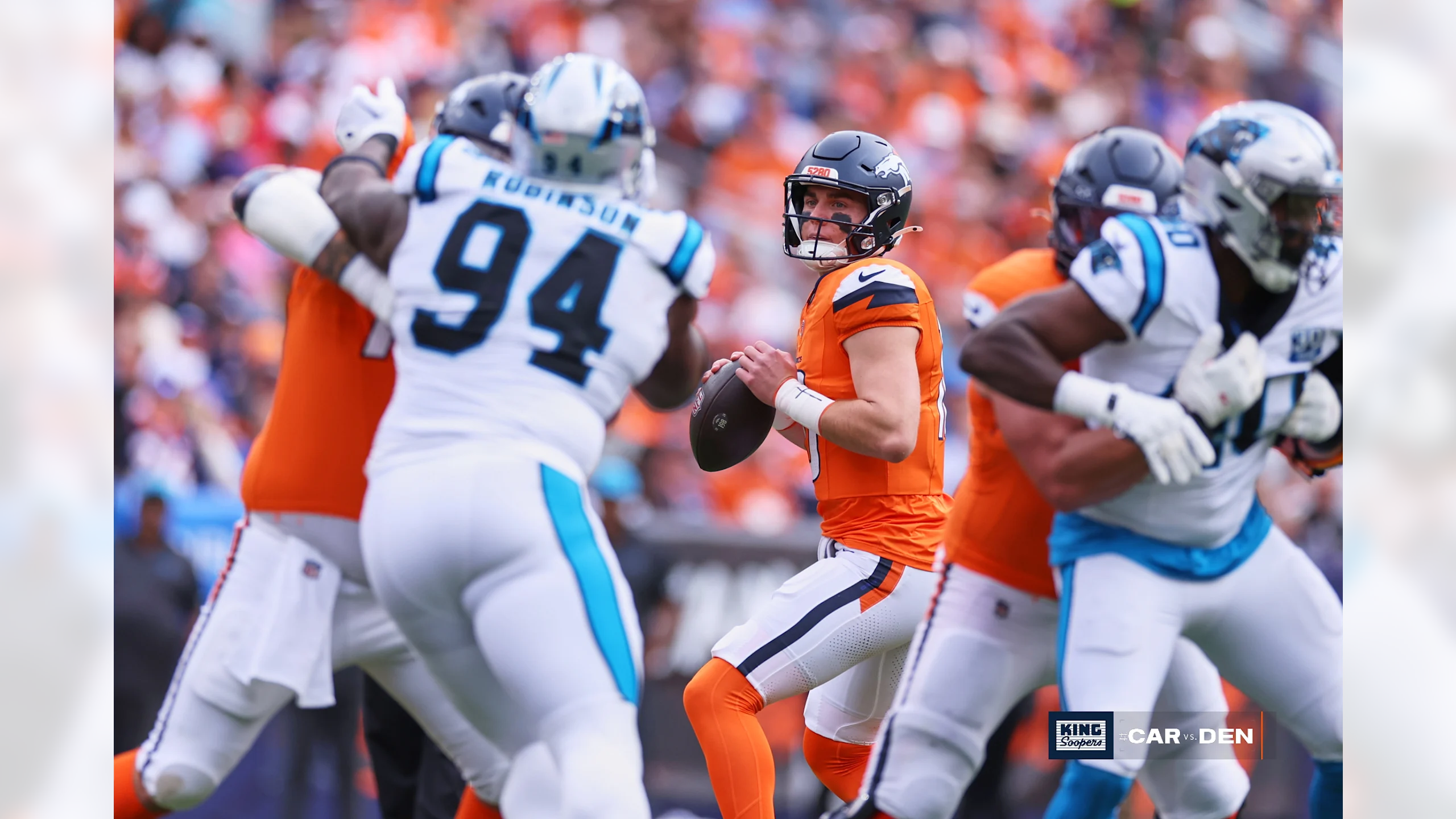The Road to the Super Bowl: A Complete Guide To The NFL Playoffs
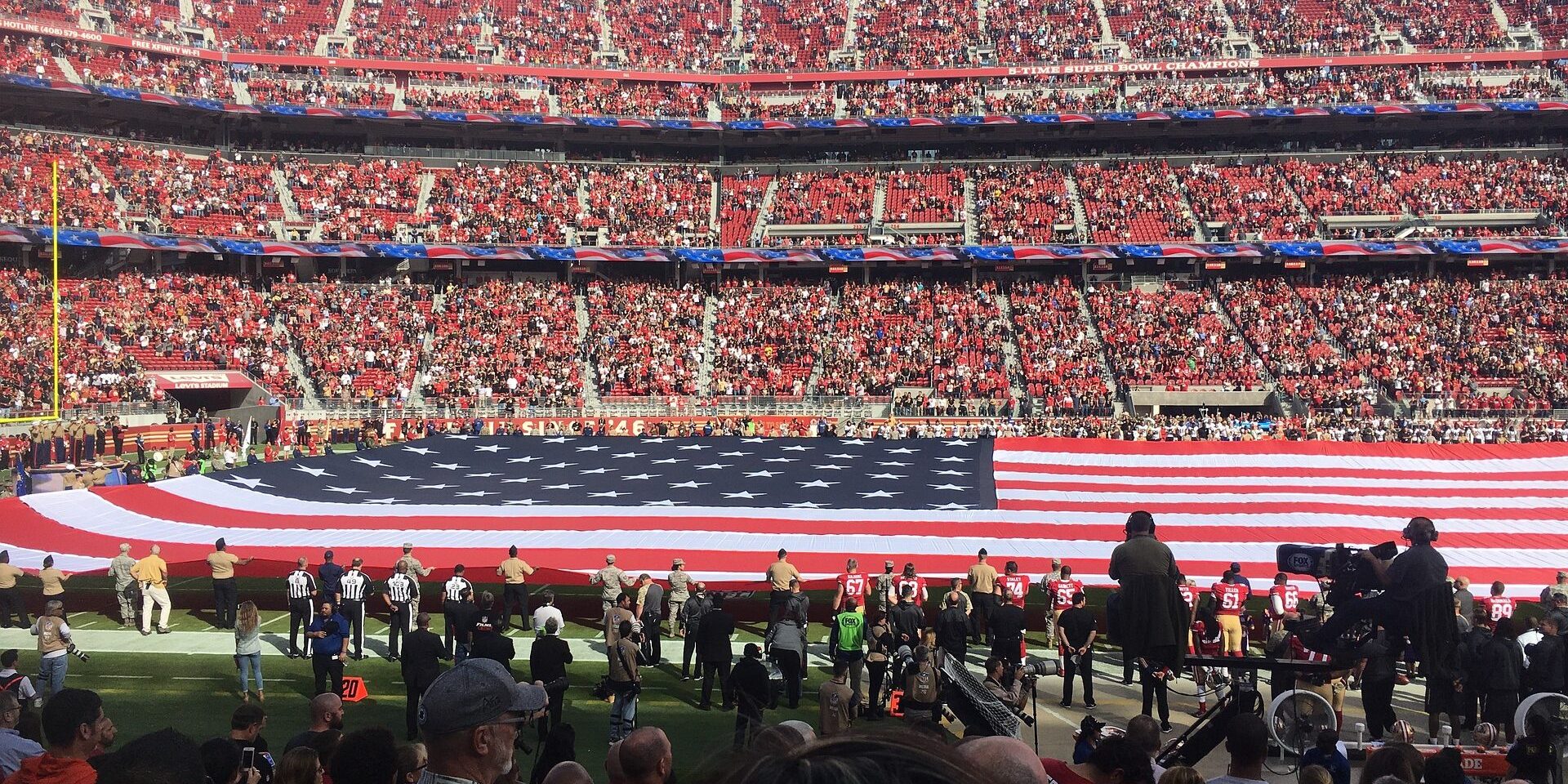
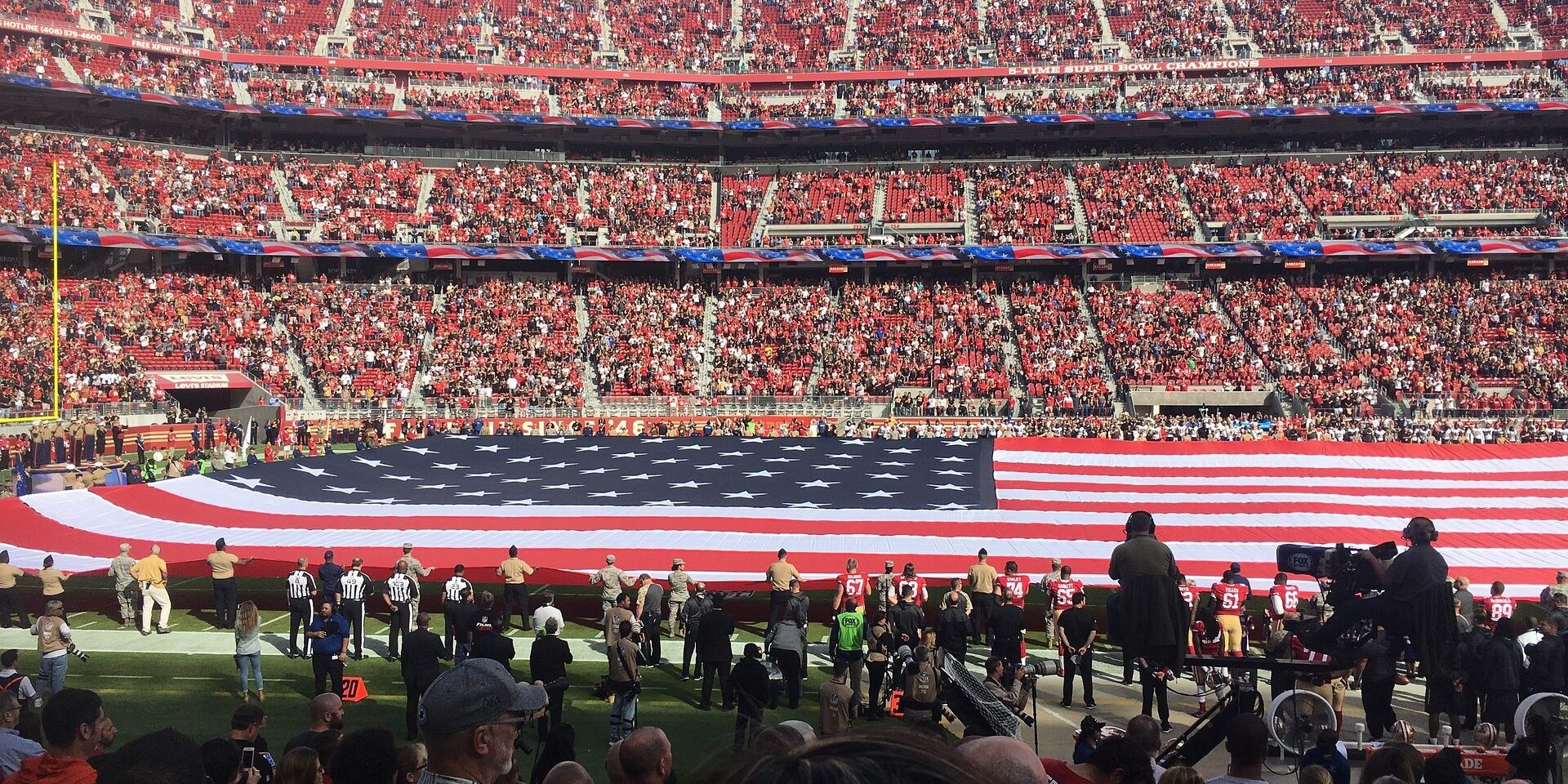
Table of Contents
Understanding the structure of the NFL playoffs is key to appreciating the high-stakes action that unfolds after the regular season concludes. The playoffs determine who will compete for the ultimate prize in American football: the Super Bowl. The NFL postseason features a single-elimination tournament held after the regular season, with the top teams from the National Football Conference (NFC) and the American Football Conference (AFC) vying for their respective conference titles, and, ultimately, the Super Bowl.
The playoff format involves 14 teams – seven from each conference. The team with the best record in each conference is awarded a first-round bye, meaning they automatically advance to the second round, known as the Divisional Playoffs. The remaining teams are seeded by their win-loss records, with the higher seed usually hosting the lower seed in the Wild Card Round, followed by the Divisional Round, and Conference Championships before the two conference champions meet in the Super Bowl.
Key Takeaways
- The NFL playoffs are a single-elimination tournament following the regular season, culminating in the Super Bowl.
- Fourteen teams qualify, with the top-ranked team from each conference earning a first-round bye.
- Teams compete across the Wild Card Round, Divisional Playoffs, Conference Championships, and the Super Bowl.
Regular Season and Playoff Eligibility
The path to NFL playoff eligibility is carved through regular season performance, with a particular structure for divisions and conferences dictating who advances. The introduction of the NFL’s 17th game adds an extra layer to the challenge teams face in securing their playoff spots.
Division and Conference Structure
The NFL is divided into two conferences: the National Football Conference (NFC) and the American Football Conference (AFC). Each conference is further split into four divisions: North, South, East, and West. In total, there are 32 teams in the league—16 in each conference. Each team plays 17 games in the regular season, which includes the added 17th inter-conference match-up adopted to increase competitiveness and revenue.
- NFC Teams: 16
- AFC Teams: 16
- Total Regular Season Games per Team: 17
- Divisions per Conference: 4
Determining Playoff Teams
When the regular season concludes, the teams advancing to the playoffs are chosen based on their standings within their respective conferences. In each conference, the four division winners are granted playoff spots. These teams are ranked 1 to 4 based on their win-loss records. The remaining three playoff spots are termed Wild Card teams—these are non-division winners with the best overall records in their conference. These bring the total to seven playoff teams from each conference.
Division Winners:
- Each division winner secures a playoff position.
- Ranked 1 to 4 within their conference based on overall records.
Wild Card Teams:
- The three non-division-winning teams with the highest win-loss records from each conference.
- Ranked 5 to 7 within their conference.
Total Playoff Teams:
- Seven from NFC
- Seven from AFC
- Fourteen overall
Playoff Format and Seeding
The NFL playoffs are structured in a way that determines the road to the Super Bowl via a bracket system that carefully places teams based on their regular season performance.
Breakdown of Teams and Seeds
- Number of Teams: Each of the two conferences (AFC and NFC) sends seven teams to the postseason.
- Seeds: Teams are assigned seeds one through seven. Division winners occupy seeds one through four. Seeds five through seven are assigned to the remaining teams with the best record, known as Wild Card teams.
- No. 1 Seed Advantage: The team with the best overall record in each conference is awarded the No. 1 seed, gaining a first-round bye, meaning they do not play in the Wild Card round and advance directly to the Divisional round.
- Playoff Bracket Dynamics: Seeds 2 to 7 compete in the Wild Card round, with the No. 2 seed facing off against the No. 7 seed and so on. The winners proceed to the Divisional round, and successful teams from this phase enter the Conference Championships, which determines the two teams that will compete in the Super Bowl.
Seeding Criteria and Tiebreakers
- Seeding Criteria: Seeds are determined first by overall record, with division winners taking priority. Record within the division can affect seeding if teams have the same win-loss record. Seed Criteria 1 Best overall conference record (receives first-round bye) 2 Second-best division winner 3-4 Remaining division winners based on record 5-7 Wild Card teams with the best remaining records
- Tiebreakers: When teams have identical records, tiebreakers are applied in the following order:
- Head-to-head outcomes (if applicable).
- Divisional records.
- Records against common opponents.
- Conference records.
- Influence on Playoff Picture: Tiebreakers are critical as they often determine the final seeding and can dramatically alter the playoff picture by defining match-ups and home-field advantages.
The Playoff Rounds
The NFL playoffs structure consists of a single-elimination tournament that culminates with the Super Bowl. The format extends invitations to 14 teams and includes several rounds where teams compete for the championship.
Wild Card Round
In the Wild Card round, seven teams from each conference compete for advancement. The team with the highest conference ranking, the first seed, receives a bye, automatically moving to the next round. The round matches are as follows:
- No. 7 seed at No. 2 seed
- No. 6 seed at No. 3 seed
- No. 5 seed at No. 4 seed
Teams with a better regular season record earn home-field advantage.
Divisional Playoffs
The Divisional Playoffs involve eight teams, including the four winners of the Wild Card round and the four teams that received byes. Matchups are determined by the seedings:
- Lowest remaining seed at No. 1 seed
- Second-lowest remaining seed at next highest seed
Again, teams with higher seeds host the games, preserving the home-field advantage.
Conference Championships
The final two teams in each conference face off in the Conference Championships. These games are critical, as the victors earn the right to represent their respective conference in the Super Bowl. Match settings maintain the home-field advantage for the team with the higher seed.
Super Bowl
The Super Bowl decides the NFL champion. It pits the AFC and NFC conference winners against each other in a predetermined neutral venue. Being the culmination of the NFL playoffs, this game attracts significant attention worldwide and is celebrated with elaborate halftime shows and extensive media coverage.
Postseason Regulations and Revenue
Understanding the postseason regulations and revenue is crucial for comprehending the mechanics of the NFL playoffs. This section provides a breakdown of overtime rules during playoff games and the economic impact these games have.
Overtime Rules and Playoff Games
During NFL playoff games, overtime periods are conducted with sudden death rules, meaning the first team to score wins the game. If the game remains tied after one overtime period, additional periods are played until a winner is determined. Notably, playoff games cannot end in a tie, which differs from regular-season games that only have a single overtime period.
Economic Impact of the Playoffs
The NFL playoffs have a significant economic impact. They generate considerable revenue through broadcasting rights, advertising, and ticket sales. Sources like NBC Sports pay substantial fees for the rights to broadcast games such as those on Sunday and Monday nights. For instance, the Super Bowl alone generates hundreds of millions of dollars; Super Bowl LVII and LVIII are prime examples of this financial effect, bringing in large profits for the league, networks, and partnering businesses involved.


